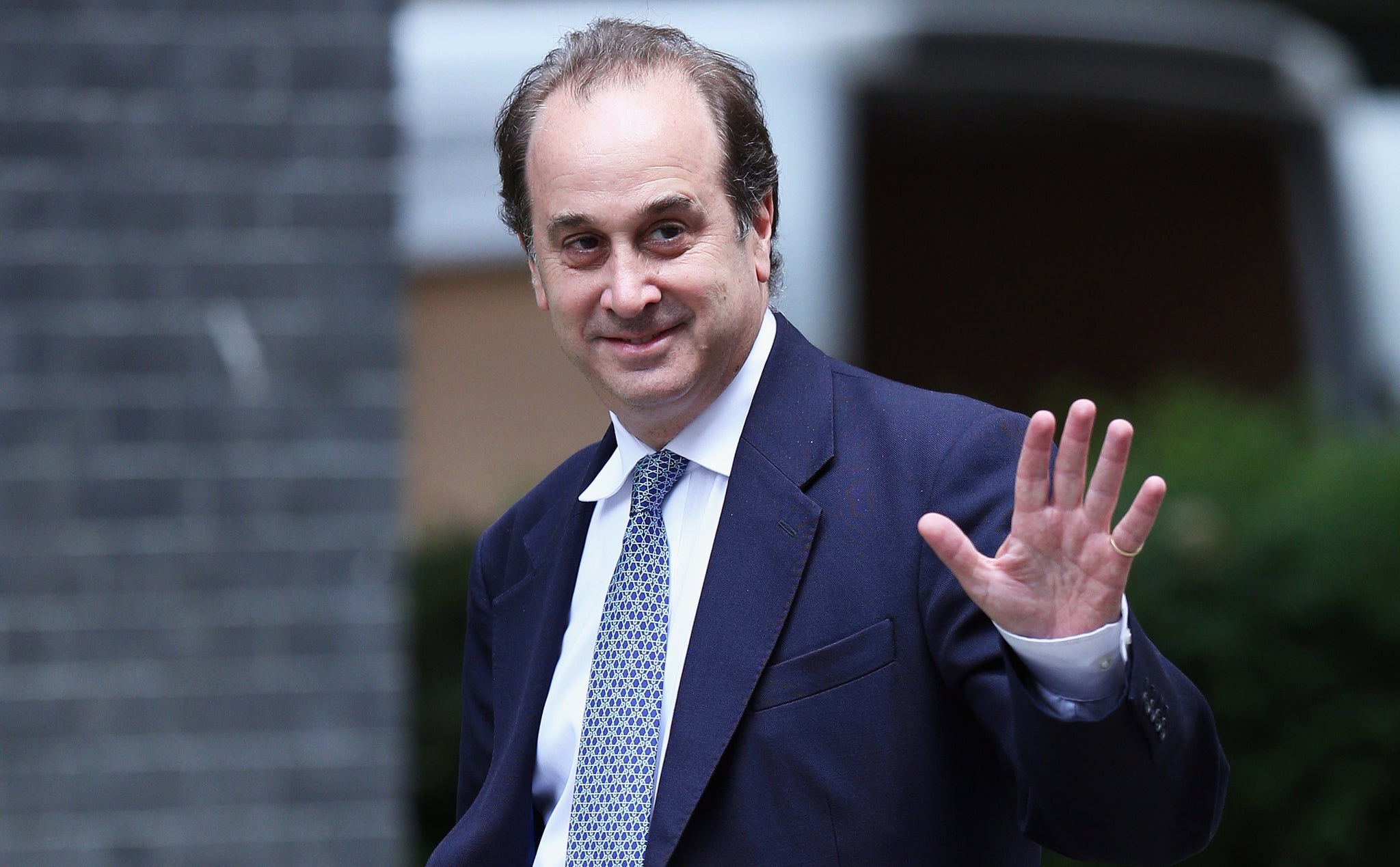Your support helps us to tell the story
From reproductive rights to climate change to Big Tech, The Independent is on the ground when the story is developing. Whether it's investigating the financials of Elon Musk's pro-Trump PAC or producing our latest documentary, 'The A Word', which shines a light on the American women fighting for reproductive rights, we know how important it is to parse out the facts from the messaging.
At such a critical moment in US history, we need reporters on the ground. Your donation allows us to keep sending journalists to speak to both sides of the story.
The Independent is trusted by Americans across the entire political spectrum. And unlike many other quality news outlets, we choose not to lock Americans out of our reporting and analysis with paywalls. We believe quality journalism should be available to everyone, paid for by those who can afford it.
Your support makes all the difference.There is surely nothing as glamorous in journalism as an undercover investigation. Subterfuge also has a genuinely vital role in exposing hypocrisy, wrongdoing and even criminality.
In the case of the Sunday Mirror’s revelations about Brooks Newmark MP, the results of the sting seem at first glance arguably to justify the means. Mr Newmark is, after all, a man who holds a position of significant authority and it hardly seems the height of wisdom or propriety to ask a young woman he didn’t know to send a naked picture of herself “without your hands in the way and legs parted”. It appears even less wise now that we know ‘Sophie’ was in fact a male reporter hoping for a scoop.
However, with critics now lining up to accuse the Sunday Mirror of entrapment, the weekend’s exposé is a reminder that when it comes to journalistic subterfuge, the devil is in the detail.
There are two basic tests that have to be passed before an undercover investigation can be launched. First, is the public interest being served? Second, is it reasonable to believe that the information being sought cannot be obtained by other means?
The public interest question is often less than straightforward, not least because it cannot rely simply on an examination of the hoped-for outcome. In other words, it might well be in the public interest to disclose that X is a wrong ‘un; but that alone cannot justify undercover investigations of Messrs A-Z in the hope that you will find something incriminating about one of them. There must be prima facie grounds for thinking that X may be up to no good before using subterfuge against him.
The second of the tests is only slightly easier. If a journalist is looking to prove that an individual is guilty of serious impropriety or crime, it is a fair assumption that they won’t simply admit to their misdemeanours in response to a straightforward enquiry. Nonetheless, there may be other ways to obtain the necessary details which do not involve deliberate misrepresentation and those must be properly considered before any undercover work begins.
Indeed, considering the whys and wherefores at the outset is crucial. And it is no longer enough to have a quick chat with the editor and then proceed. Discussions must be documented and all evidence on which the decision to go ahead was based should be retained. Taking these steps is crucial because, if the investigation proves in the end to be fruitless, it may – in the event of a challenge from the subject of the enquiry – still be necessary to demonstrate why there was a legitimate belief in advance that subterfuge was justified.
In the current case, there are likely to be four questions for the Sunday Mirror. First, exactly what information about MPs’ alleged use of social media networks to meet women had the freelance reporter been told which led him to believe an investigation was warranted? Second, what made him alight on Mr Newmark and the other targets of his clandestine operation? Third, if there were suggestions of wrongdoing by the individuals in question, why could they not have been asked about them more openly? Finally, is there a public interest in exposing private liaisons between MPs and consenting adults?
Making the enquiries is likely to be the Independent Press Standards Organisation, in what may turn out to be its first major test. Even if the response to the last of the four questions is ‘yes’, satisfactory answers are required to the others before the paper can feel confident of a clean bill of health.


Join our commenting forum
Join thought-provoking conversations, follow other Independent readers and see their replies
Comments